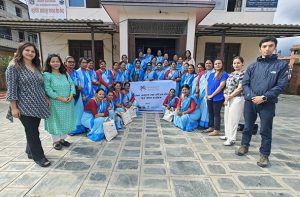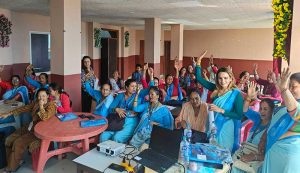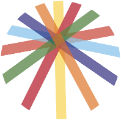Detection
Children are assessed for autism and other neurodevelopmental delays with screening tools that include the Social Attention and Communication Surveillance (SACS) tool and the Rashtriya Bal Swasthya Karyakram (RBSK) checklist.
 During the initial stages of the project, these checklists had to undergo translation and cultural adaption to fit in with the language of the participating regions. This included translation into Nepali, Hindi, Marathi, Tamil and Sinhala.
During the initial stages of the project, these checklists had to undergo translation and cultural adaption to fit in with the language of the participating regions. This included translation into Nepali, Hindi, Marathi, Tamil and Sinhala.
Early on in the project, master trainers on the SACS tool were trained by a collaborating partner, Professor Josephine Barbaro of La Trobe University. These master trainers have in turn trained a frontline non-specialist workforce.
To date, training has been provided to 103 Female Community Health Volunteers (FCHVs) in Nepal, 112 Public Health Midwives (PHMs) in Sri Lanka, 524 Anganwadi Workers (AWWs) in Goa, India and 586 AWWs in East Delhi, India.
As the project continues, further health workers will be trained, with regular refresher sessions. The trained health workers are predicted to screen over 40,000 children across the project region.
 Extensive groundwork has taken place to embed the detection pathway into the health systems of each site. This has included meetings with a range of stakeholders, with buy-in from Senior Department Officials.
Extensive groundwork has taken place to embed the detection pathway into the health systems of each site. This has included meetings with a range of stakeholders, with buy-in from Senior Department Officials.
Ongoing discussions are taking place in the unique systems, aiming to identify challenges, sharing on-ground insights and co-developing context-specific strategies for more effective implementation.
